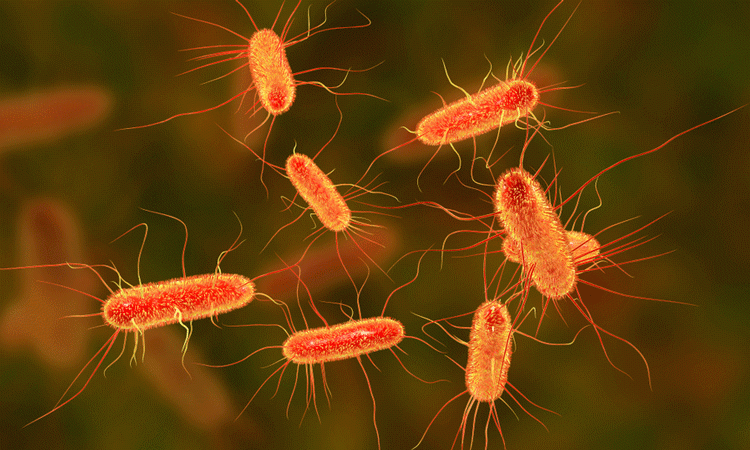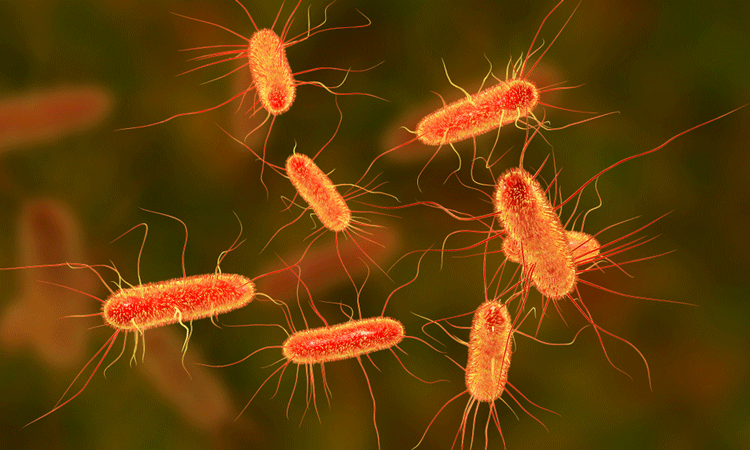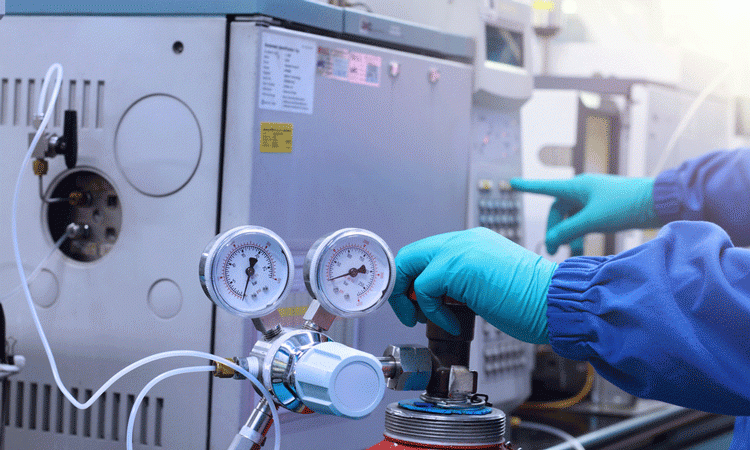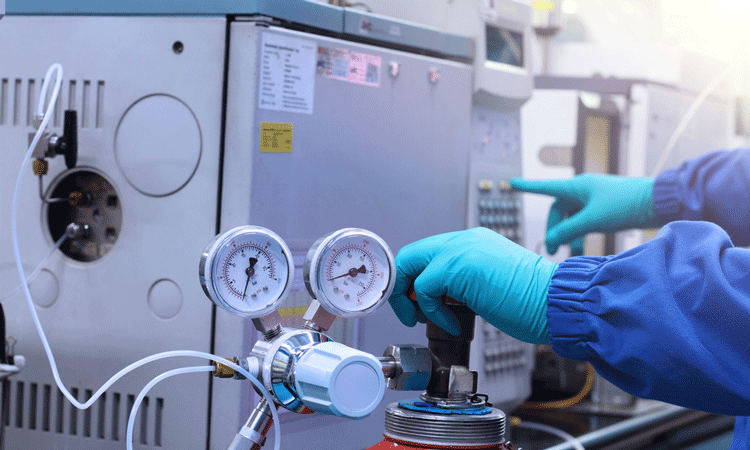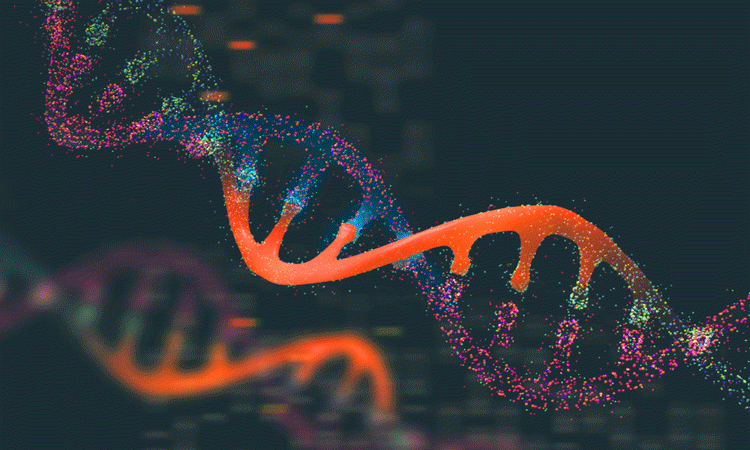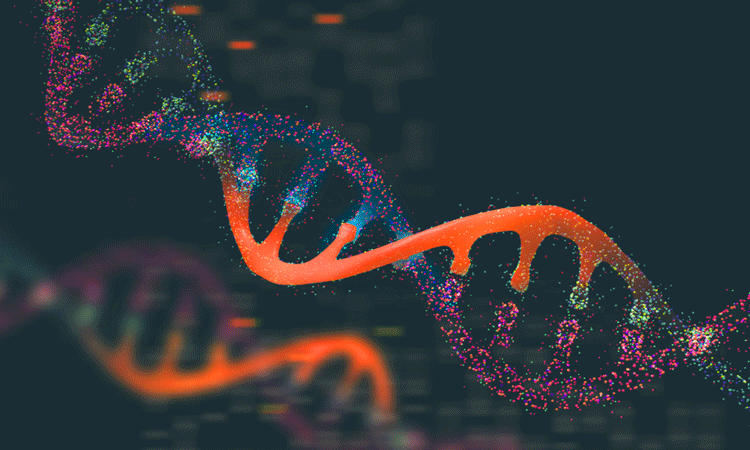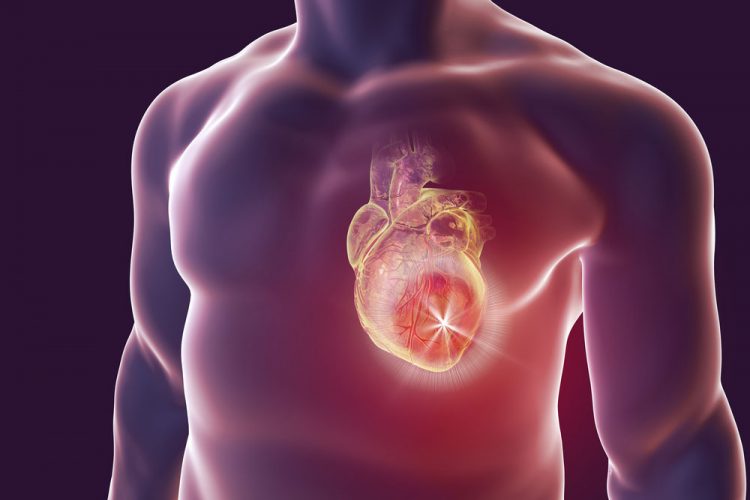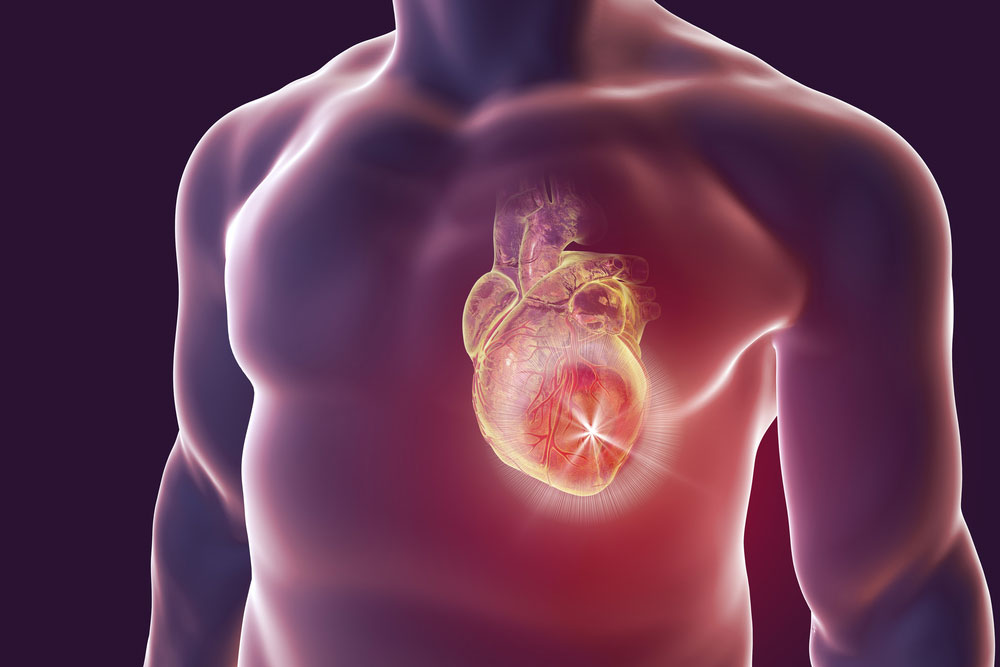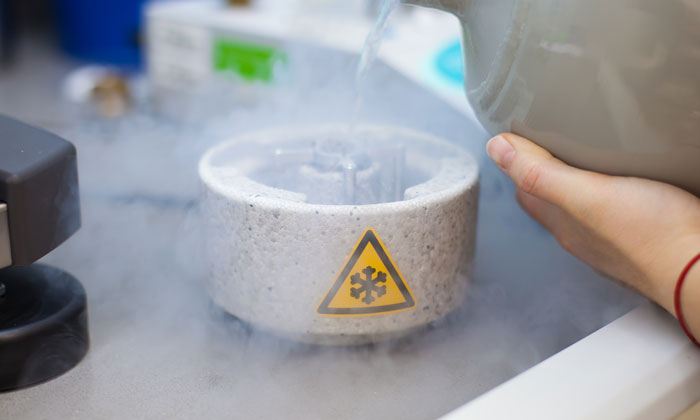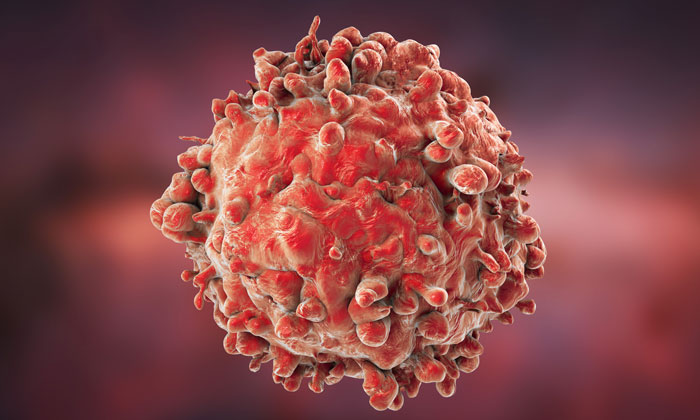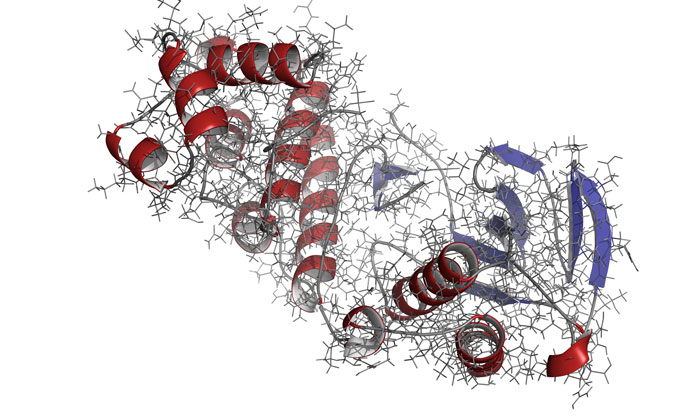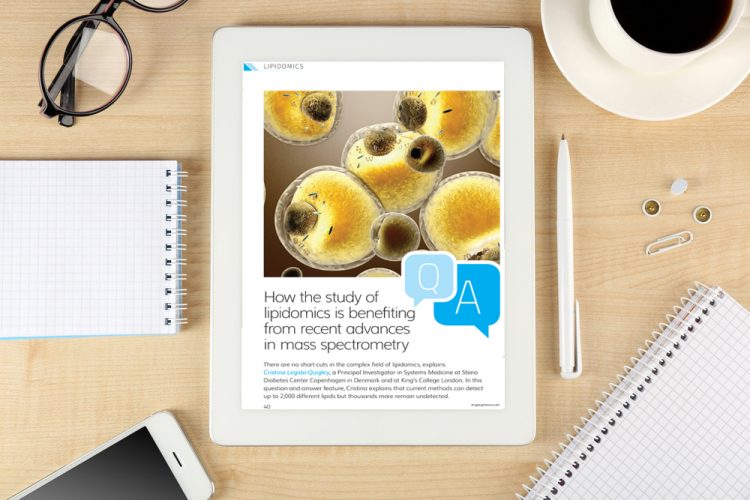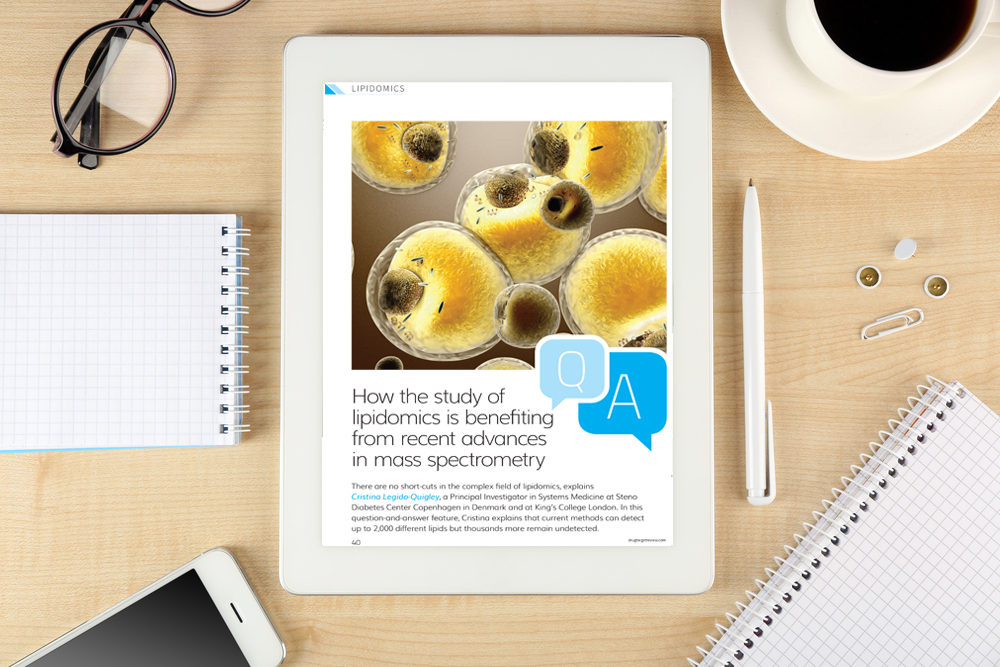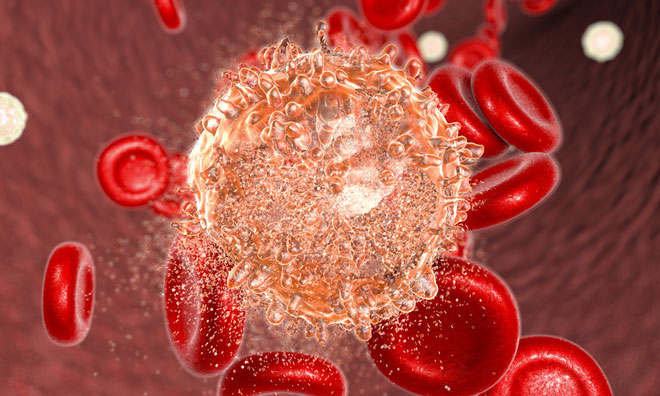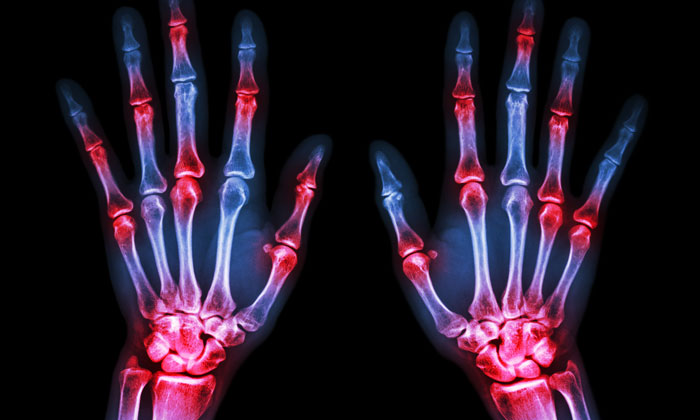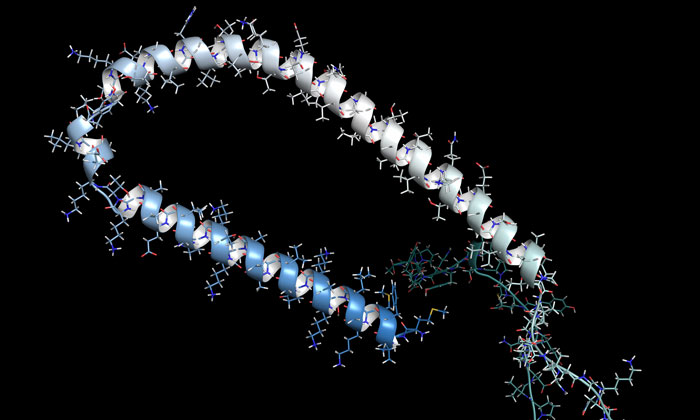List view / Grid view
Analysis
CMPK2 inhibitor could lesson symptoms of common illnesses
CMPK2 inhibitors may reduce inflammation, pain and tissue damage in arthritis and gout and in Alzheimer’s may slow loss of cognitive function...
Recessive disorder impairing eyesight has been discovered
Blindness in children has been linked to a recessive genetic disorder caused by the MARK3 gene...
Bacterial outer membranes may be key to new antibiotics
The outer membrane surrounding the cell wall of bacteria may be a key target for approaches to a new form of antibacterial drugs...
Breath tests could detect pancreatic cancer
Breath tests analysing organic compounds in exhaled breath could be used as a new diagnostic tool for pancreatic cancer...
pGENMi predicts genomic features associated with drug responses
A new system, pGENMi, could predict genomic features associated with drug responses, by identifying differences in gene expression...
Injected VEGF-C could prevent heart failure
Vascular Endothelial Growth Factor C (VEGF-C) could aid the repair and recovery of hearts after a heart attack, by enabling immune cells to clear dead and dying cells...
Expert view: It’s an exciting time for the use of stem cells in research and the treatment of human disease
The Nobel Prize-winning observations and discoveries of John B. Gurdon and Shinya Yamanaka have ignited an explosion of excitement around the potential use of stem cells in research and treatment of human disease.
Scientists decode ASCT2 protein as possible cancer drug target
Scientists in the Netherlands have investigated the structure of the human glutamine transporter ASCT2 in a bid to generate leads for cancer drug development.
Researchers in Spain elucidate complete epigenome for leukaemia
A team of researchers in Spain show for the first time the complete epigenome of chronic lymphocytic leukaemia, the most common type of leukaemia.
Scientists uncover steps to kinase enzyme activation
A new study by the University of Arizona (UA) suggests that revealing all the steps required to activate an enzyme called a protein kinase may help identify new ways to target cancer.
How the study of lipidomics is benefiting from recent advances in mass spectrometry
There are no short-cuts in the complex field of lipidomics, explains Cristina Legido-Quigley, a Principal Investigator in Systems Medicine at Steno Diabetes Center Copenhagen in Denmark and at King’s College London.
Scientists advocate less toxic treatment for rare leukaemia (MPAL)
Researchers in the US have undertaken meta-analysis studies to ascertain the optimum approach for doctors treating rare mixed phenotype acute leukaemia (MPAL). They found that a less-toxic regimen gives better results.
Autoimmune disease research community gets boost from AMP RA/SLE study results
Data from the Phase I study of collaborative industry partnership AMP are now available, meaning scientists can benefit from access to important research about Rheumatoid Arthritis and Systemic Lupus Erythematosus.
New insights into alpha-synuclein function holds promise for Parkinson’s treatment
Researchers have gained important insights into the role of alpha-synuclein – the protein associated with Parkinson’s disease – in nerve cells and how calcium affects its function. This knowledge is hoped to better arm scientists regarding future treatment for the disease.








